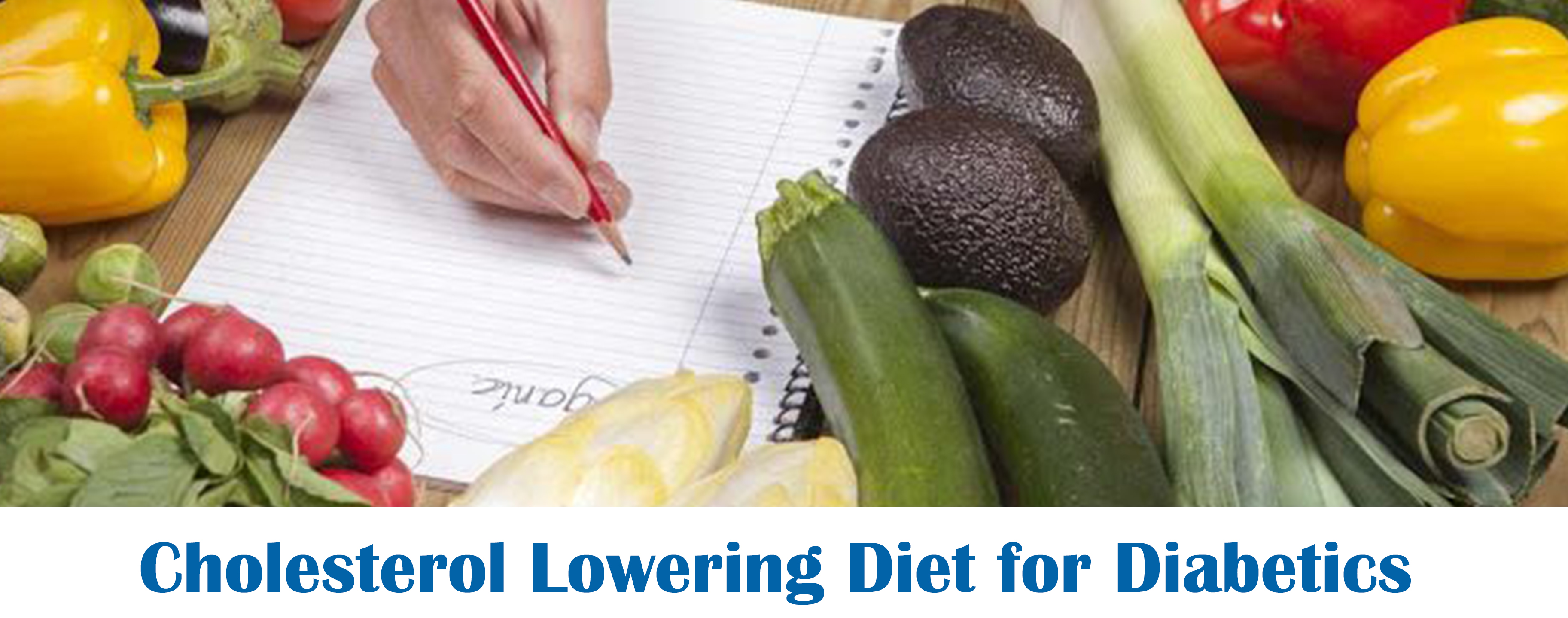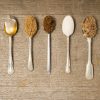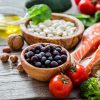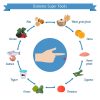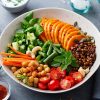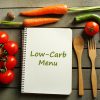What is cholesterol?
Cholesterol is a waxy, fat like substance that comes from two sources: your body and food. In your body liver produces all the cholesterol you need and circulates it though your bloodstream in small packages called lipoproteins (LDL-bad cholesterol, HDL-GOOD CHOLESTEROL).
Cholesterol is required to build and maintain membranes; it also plays vital role in secretion of precursor of hormones and several other vital enzymes. It allows our body to make vitamin-D.
Excess cholesterol can lead to form fatty deposits (plaque) in the arteries, making it harder for heart to circulate blood. This increases the risk of heart disease and stroke. Making healthy eating choices and increasing physical activity are important steps in improving cholesterol.
Strictly avoid trans fat: Trans fat increases LDL and reduces HDL along with other adverse cardiovascular effects. Partially hydrogenated and hydrogenated are found in most commercially baked and fried foods (fried foods, breads, cookies, fast foods).
Dietary fiber: Dietary fiber is one of the most abundant compounds in nature, dietary fiber is found exclusively in plant foods. Soluble fiber is made up of gums and pectin (sticky substance), which form a gel like substance in the presence of liquid. The gel binds with bile acids and cholesterol in the small intestine and promotes their excretion from the body. Bile acids are made from cholesterol that is stored in our blood, so more of yours body cholesterol is used up in replenishing the bile acids.
Sources: whole grains, fruits, vegetables, flax seeds, legumes, nuts etc…
Some cholesterol lowering foods:
Barley: barley helps in lowering the blood cholesterol and regulates sugar level. The cholesterol lowering effect is caused by beta-glucan, a type of fiber present in barley.
Omega-3 fatty acids: almonds, walnuts, chia seeds, and flax seeds provides good amount of omega-3 fatty acids(healthy fats),fiber, and other heart friendly nutrients, which have shown to reduce risk of heart disease.
Tomatoes: tomatoes are rich source of plant compound called lycopene, which helps to reduce the cholesterol.
Soy: soy is rich in protein, because of its high protein content it is good replacement for animal protein in vegetarians. Replacing animal protein with soy protein could lower the cholesterol.
Garlic: garlic contains allicin, which has shown to lower cholesterol. It can also be taken in raw cloves









